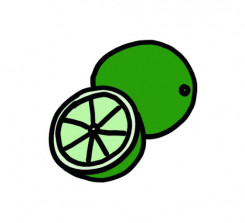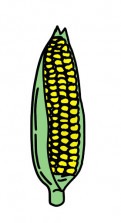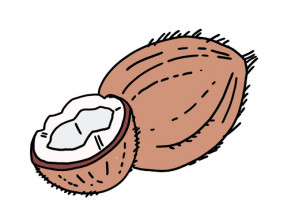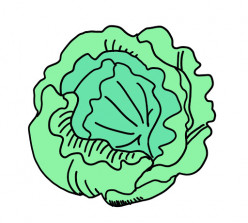Your baby is now officially an embryo and is about the size of a poppy seed.
Please visit www.nhs.uk/conditions/pregnancy-and-baby/4-weeks-pregnant/ for more information.
Local Maternity and Neonatal System
View navigation
Labour and birth
Early labour varies from person to person, it can be anything from a few hours to a few days. This is the stage when most women will be more comfortable at home. There are lots of coping strategies to help you cope with this important stage of labour.
You may wish to get something to eat and drink to fuel your body for the journey ahead. Some women like to keep active and go for a walk, do light household tasks, some prefer to have a nap or a rest in preparation.
If you have other children and or pets this may be the time to start making arrangements for their care whilst you have your baby.
Questions to ask yourself are:
The active phase is usually considered to start when:
During the active phase of your labour, your contractions will become stronger and closer together, and lasting longer, as they work to open your cervix. Continuing to use all your coping mechanisms will help you through this last part of the first stage, which can vary in length. Speak to your midwife about further pain relief if you feel you need it.
Remember, you should phone your maternity unit for advice if:
As your labour progresses, your midwife will be there to support and advise you. They will assess how your labour is progressing by offering you vaginal examinations as needed. Your midwife will also feel your tummy, check how well you are contracting, and check how you and your baby are responding to labour. These things will show the whole picture of how your labour is progressing. The team will share this information with you and your birth partner at all times and give you the opportunity to discuss any worries or questions you may have.
Some women have clear plans of what they do and don’t want to happen during their labour. These plans can change as labour progresses. The midwife caring for you will support you and explain any changes to your birth plan. Try not to feel bad if things change. Talk things through with the midwife and/or obstetrician caring for you, so that you understand why the changes are advised.
Your midwife will confirm when your cervix is 10 cm – this means you have reached the second stage of labour, and you will be meeting your baby soon.

Your baby is now officially an embryo and is about the size of a poppy seed.
Please visit www.nhs.uk/conditions/pregnancy-and-baby/4-weeks-pregnant/ for more information.

Your baby is now the size of a kidney bean and weighs 1g.
Please visit www.nhs.uk/conditions/pregnancy-and-baby/8-weeks-pregnant/ for more information.

Welcome to the second trimester!
Your baby is about the size of a small lime and weighs approximately 14g.
You have hopefully seen your midwife for your 'booking in' appointment, if you have not yet seen a midwife please make an appointment quickly, so you can have all of your choices about screening tests explained and offered to you.
Please visit www.nhs.uk/conditions/pregnancy-and-baby/12-weeks-pregnant/ for more information. You can also link to the 'Pregnancy Journey' area here.

Your baby is about the size of an avocado and weighs approximately 100g.
Please visit www.nhs.uk/conditions/pregnancy-and-baby/16-weeks-pregnant/ for more information.

Your baby has grown in length and is now the length of a small banana and weighs approximately 300g. Around this time you will be offered your '20 week' scan, also known as the 'anatomy' or 'anomaly' scan.Click here for more information about screening.
This is a also a good time to talk and sing to your bump as your baby can now hear sounds. This is great way for you and your partner/family to bond with your baby.
Please visit www.nhs.uk/conditions/pregnancy-and-baby/20-weeks-pregnant/ for more information.

Your baby has grown again to the approximate length of an ear of sweetcorn and weighs about 600g.
Please visit www.nhs.uk/conditions/pregnancy-and-baby/24-weeks-pregnant/ for more information.

Welcome to the third trimester!
Your baby is now approximately the weight of an aubergine; about 1kg and approximately 37cm in length.
Please visit www.nhs.uk/conditions/pregnancy-and-baby/28-weeks-pregnant/ for more information.

Your baby now weighs approximately the same as a coconut; around 1.5kg.
Please visit www.nhs.uk/conditions/pregnancy-and-baby/32-weeks-pregnant/ for more information.

Your baby is now around the same size as a lettuce, approximately 47cm long and weighs around 2.6kg.
Please visit www.nhs.uk/conditions/pregnancy-and-baby/36-weeks-pregnant/ for more information.

Your baby is now the weight of a small watermelon which is approximately 3.3kg and around 50cm in length.
Please visit www.nhs.uk/conditions/pregnancy-and-baby/40-weeks-pregnant/ for more information.